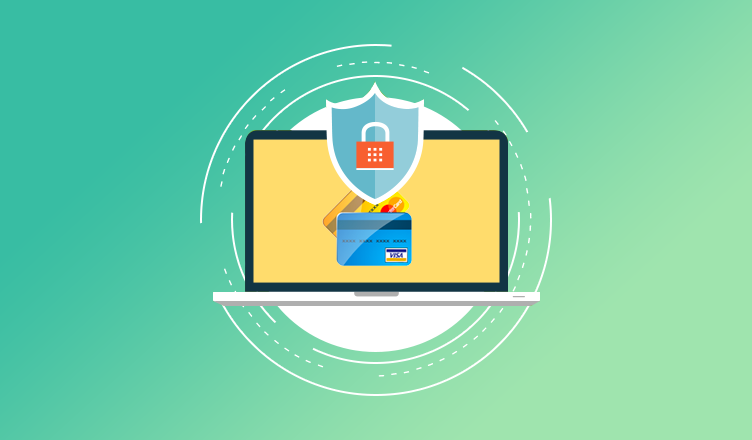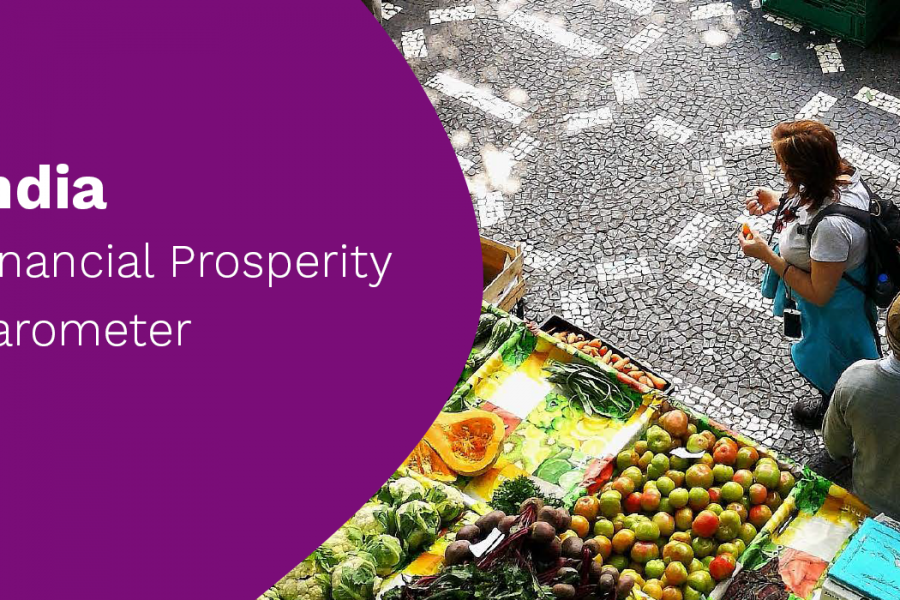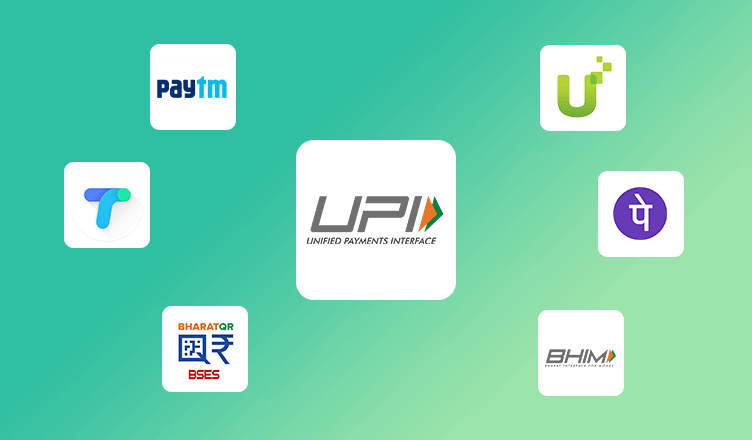Going Online or rather owning an online business, gives a plethora of opportunities to merchants like you. You can reach a wider base of customers, respond quickly to their queries and showcase your products in a cost effective manner. On the flip side though, online businesses are more vulnerable to frauds and cyber threats. Payments being a critical stage in the online selling process, you need to provide a secure environment in this stage. There are some steps that you need to take while for some steps you need to depend on your payment gateway:
1. What You Can Do?
Secured Server Layer (SSL)
Is your website secure? Have you encrypted information on your website using the SSL protocol? If not, then it is the first thing you need to do right now. The SSL protocol is the basic element that online business can use to protect their customers. It ensures that the credit card details and other sensitive data sharing between your website and external parties remains confidential. Having a SSL certificate on your website shows that it is protected and builds credibility with customers. The SSL is represented by a padlock icon in the URL bar and the web address begins with https.
Keep Your Platforms Up-To-Date
Whether your platform was built from scratch by developers or based on a third part platform, keep in sync with its latest updates. CMS like WordPress work round the clock to plug security gaps and release regular patches and updates that make their systems less vulnerable. So with the newest versions of your platform, you minimize the risks of getting hacked. To enhance your platform’s security, install third party security plugins.
2. What your gateway needs to do?
Payment Card Industry Data Security Standards Compliance
The PCI DSS is a set of guidelines defined by card schemes like MasterCard, VISA, Maestro, Discover, JCB and American Express. It tells processors how to secure sensitive data during online transaction and broadly covers How to:
- Build and maintain a secure network
- Protect cardholder data
- Maintain vulnerability management program
- Implement foolproof access control measures
- Maintain information security policy
- Monitor and test networks
PCI compliance applies to all entities processing payments online. As a merchant, you don’t have to worry about the security on your portal and the hassles involved in PCI compliance. If you choose the right payment gateway i.e. the one with PCI compliance, you can leave it up to them to comply with the industry level security standards. Choosing a PCI compliant partner essentially means that you are building a safe environment on your website instilling a sense of trust in your customers. Greatest trust leads to higher conversion rates & better customer retention!
Data encryption and Fraud prevention
Online transactions involve sensitive data transfer between multiple entities. Keeping the data safe is the starting point. Card tokenization, OAuth, Fraud prevention solution are some of the key points payment gateways serious about security have a key focus on. Tokenization is the technology used to ensure that your customer’s sensitive card information remains safe. Card details is passed in the form of ‘token’ which is a random string of characters thus replacing & safeguarding the sensitive information. Fraud prevention solution works 24*7 to keep you safe from fraudulent. Velocity checks like volume and value of transactions, Card issuing country, IP location, pattern detection and real time blocking capability helps payment gateways to save you and your customers from fraud transactions.
Online payments can be made relatively secure but there is always a chance of something going wrong. Using the right partner which gives emphasis to security can definitely reduce the overall level of vulnerability on your website. It is therefore essential that you take all the necessary steps and choose the right payment partner to protect you and your customers’ data being compromised.
Select a payment gateway as secure as PayUmoney today!







Leave a Comment